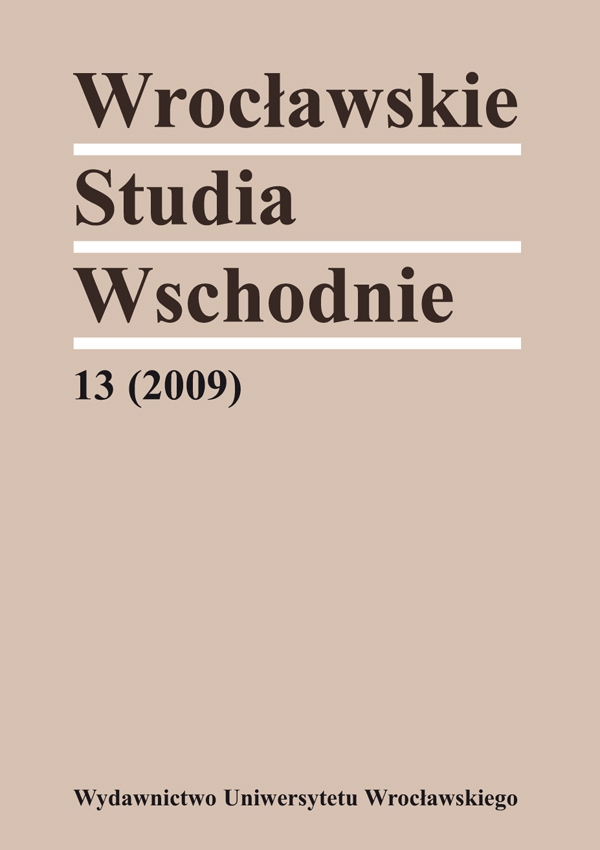

Artykuły

Неизвестные письма о фонде Пелагии Руссановской из Польской библиотеки в Париже
Пелагия Руссановская, заслуженная гражданка Кракова, в кодициле к завещанию от 11 июня 1855 года выделила сумму 180 000 польских злотых, помещенную в закладные листы галицийского Земского кредитного общества, на обустройство заведения для польских инвалидов, заслуженных в борьбе за независимость Польши. Куратором фонда назначила известного сибиряка, Петра Мошинского. Фонд ее имени действовал в 1874-1923 гг. В течение пятидесяти лет деятельности фонда было выплачено пособий для около 60 человек, чаще всего в размере 600 крон ежегодно. Первый порядковый список кандидатов на пенсию был составлен в 1879 году и включал 57 ветеранов польского восстания 1830 года. К сожалению, не все из указанных там солдат дожили до выплаты пособия. В следующие годы, когда поколение польских повстанцев 1830 г. уже вымирало, список был пополнен ветеранами польского восстания 1863 года и ссыльными, возвращающимися из Сибири. Фонд прекратил свою деятельность уже в свободной Польше в связи с девальвацией ценных бумаг, в которые был помещен капитал. Его последним куратором был сын Петра Мошинского, Ежи. Опубликованные письма происходят из фондов Польской библиотеки в Париже и значительно обогащают наши знания на тему деятельности фонда.
Unknown letters concerning the Pelagia Russanowska Foundation from the Polish Library in Paris
In a codicil to her will of 11 June 1855, Pelagia Russanowska, a distinguished resident of the city of Krakow, bequeathed the sum of 180,000 Polish zlotys in mortgage bonds of the Galician Towarzystwo Kredytowe Ziemskie [Land Credit Society] to be used for the establishment ofa care home for Polish invalids who had distinguished themselves in the struggle for Poland’s
independence. She appointed Piotr Moszyński, a well-known exile to Siberia, the foundation curator. The Russanowska foundation was active between 1874 and 1923. Over the fifty years of its operation, it paid benefits — usually of 600 crowns annually — to about 60 people. The first list of potential beneficiaries was compiled in 1879 and included 57 veterans of the November Uprising. Unfortunately, not all the insurgents listed there lived long enough to receive the benefit. In subsequent years, as the November insurgents were dying, the list was expanded to include veterans of the January Uprising and exiles coming back from Siberia. The foundation ceased to operate after Poland regained its independence due to the devaluation of securities in which the capital was invested. Its last curator was Piotr Moszyński’s son, Jerzy. The newly published letters come from the collection of the Polish Library in Paris and broaden our knowledge of the work of the foundation.